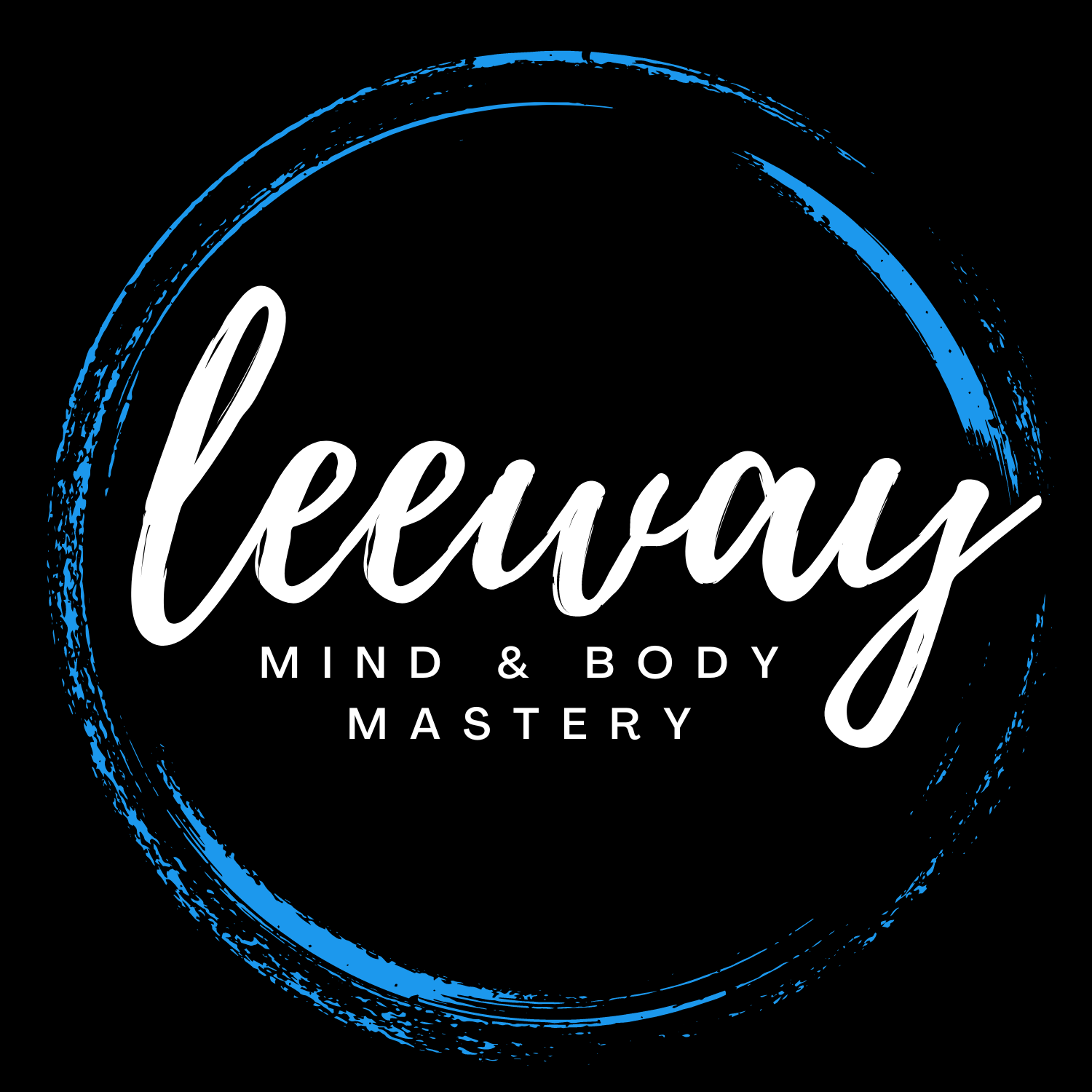A Better Pill To Swallow
Would you like to be 200% happier?
A UK study of gym members conducted in 2007, showed that the decision to go to the gym increased one’s positive mental attitude by 28%. Just the thought of it :)
Upon arriving at the gym and commencing your workout your positive mental attitude would have increased by an additional 62%.
Post workout, as you head into your day or back to the office; your positive mental attitude, your state of happiness in fact, would have collectively risen by a further 84% - overall research showed an increase of 200% in positive mental attitude, from where it was before the decision to exercise had even occurred to you.
I’m often told of people who have presented to their Doctor and described their feelings of sadness and inertia and with what they believe may be depression. Their Doctor will ask a few questions and tell them that he agrees with their own diagnosis and tell them that they are going to be prescribed anti-depressants. A script for at least 6 months will then send them on their way.
Similarly, they may present with symptoms of anxiety and so they’ll be put on anti-anxiety pills.
No different to if your blood tests come back and you have high cholesterol, you’ll be prescribed cholesterol lowering tablets and if you have high blood pressure, you’ll be put on blood pressure lowering tablets.
Now the latter two ailments are tested through your blood and a blood pressure monitor (BPM) We can't test for anxiety or depression through your blood.
I'm very supportive of and of course believe that some people are genetically predisposed to and do suffer terribly from anxiety and from depression, as some people are genetically predisposed to high cholesterol and high blood pressure as well.
I am also very aware of the fact that over the last couple of years, a lot of people have felt very sad, very confused and very uncertain about their place in the world and the future.
Lao Tzu said ; “Depression is living in the past, anxiety is living in the future and peace is living in the now”
My highest priority is peace of mind.
I determine my involvement in any activity or my response to any situation around whether it will bring me peace of mind.
I used to ask myself “Is what I am about to do, the best use of my time right now?” and then I would ask “Is this moving me towards my goals or away from them?” and finally I would make the decision based around asking myself “Will this give me peace of mind?”
Nowadays, I just ask all day long “Will this bring me peace of mind?”
I ask people to consider when they are experiencing symptoms of depression or anxiety, if they could consider that they are really just having a midlife crisis? Have they gotten to a certain age; say mid 30’s where they recognize that they are no longer Peter Pan. There are more responsibilities in their life, their jobs are more serious, their positions within their careers have heightened, they are now leaders or managers and have staff they are responsible for, or that they have climbed the corporate ladder of success and realized it's leaning against the wrong building…
Or, in their early fifties; their teenage children are no longer dependents as such and no longer do their children feel they have to accept “Because I said so!” as they feel they have every right to say “You can't tell me what to do anymore ! I'm an adult now!”
This loss, realization, or sense of lacking in purpose - whether it be an identity belief associated to the responsibility of being a parent or an identity belief associated with the fact that you are no longer a happy go lucky employee, without a mortgage, or relying upon other people to look after you and it's now entirely up to you to look after yourself - is what can manifest as depression or anxiety.
Stress - as I say; is determined by the degree to which you feel in control or out of control of your life.
When people tell me that their loved ones are going to the Doctors or that they themselves are going to the Doctors to see whether or not they actually have depression and what can be done about it, I ask them to ask the Doctor, what the alternative to medication might be?
The Doctor would have diagnosed your high blood pressure and your high cholesterol from a blood test or BPM, whereas apart from the symptoms you describe, he is not using the body’s biomarkers, blood, urine, or soft tissue.
Prior to the invention of cholesterol and blood pressure lowering drugs, Doctors of old would have advised " You need to eat less and exercise more."
My "power word" mnemonic for mind and body mastery in happiness and wellbeing is:
LEANER
Less
Eating
And
Normalise
Exercise
Routines
Similarly then, prior to drugs such as Zoloft or Xanax or whatever other anxiety pills are out there, the only remedy would have been exercise and diet. I guarantee you that when you ask your Doctor what the alternative to medication is, he or she will say; just as for improving your blood pressure and your cholesterol; "exercise and watch what you eat"
The old adage was “the best six Doctors I know of, and no one can deny it, are sunshine, water, air and rest, exercise, and diet”
The new adage seems to be “the worst six Doctors I know of, without me even trying, are Zoloft, Xanax, Lipitor, worry, stress and dying..”
Be well
DL
If you are feeling stuck, in a rut or unsure and have developed an inspirational discontent for how life is shaping up for you, then with Leeway's 12 week Mastery Program, you will reinvent your path to success, feel a renewed sense of self and reclaim life on your terms. visit www.leeway.com.au or www.mindandbodymastery.com.au
or email ; hello@leeway.com.au for an outline of the program.
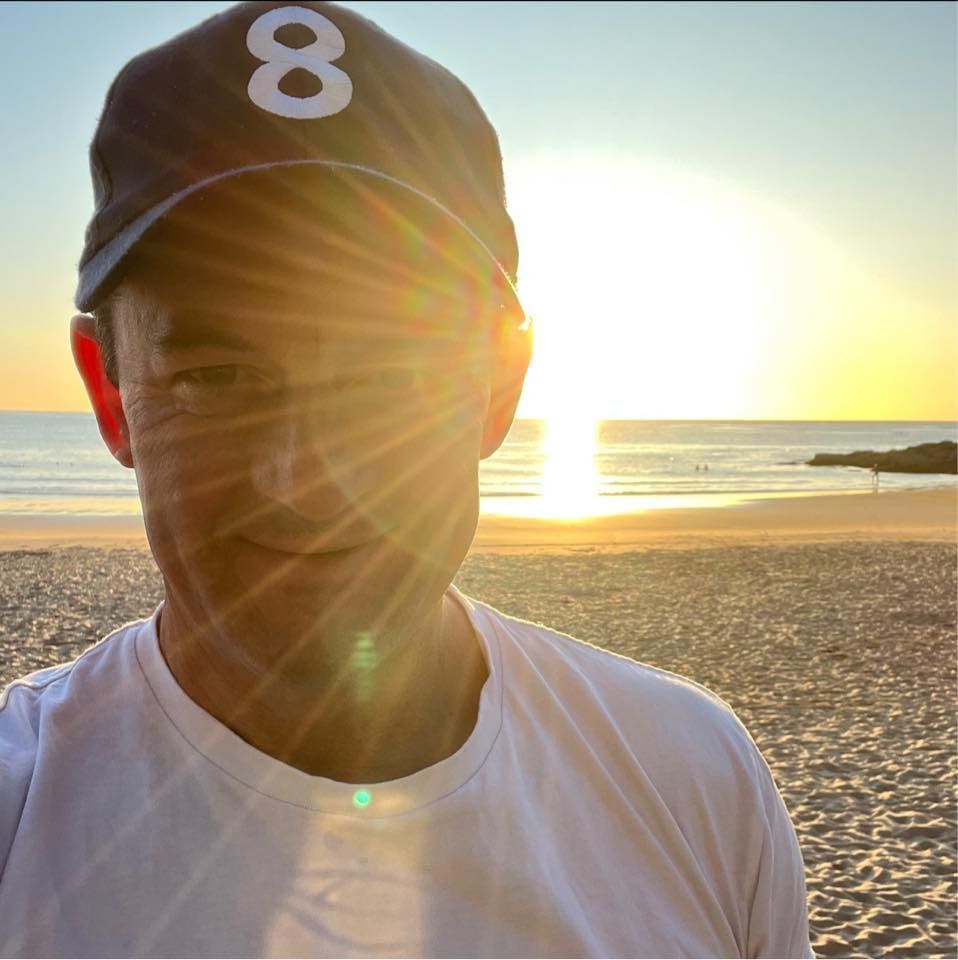


Coaching Executives & Busy Professionals to Achieve their Personal Goals and Elevate their Mindset since 2002!
Ready to Take the Next Step?
Do you want to take the first step towards success?
Let’s make a time to discuss your needs and priorities.
What Our Happy Clients Are Saying...
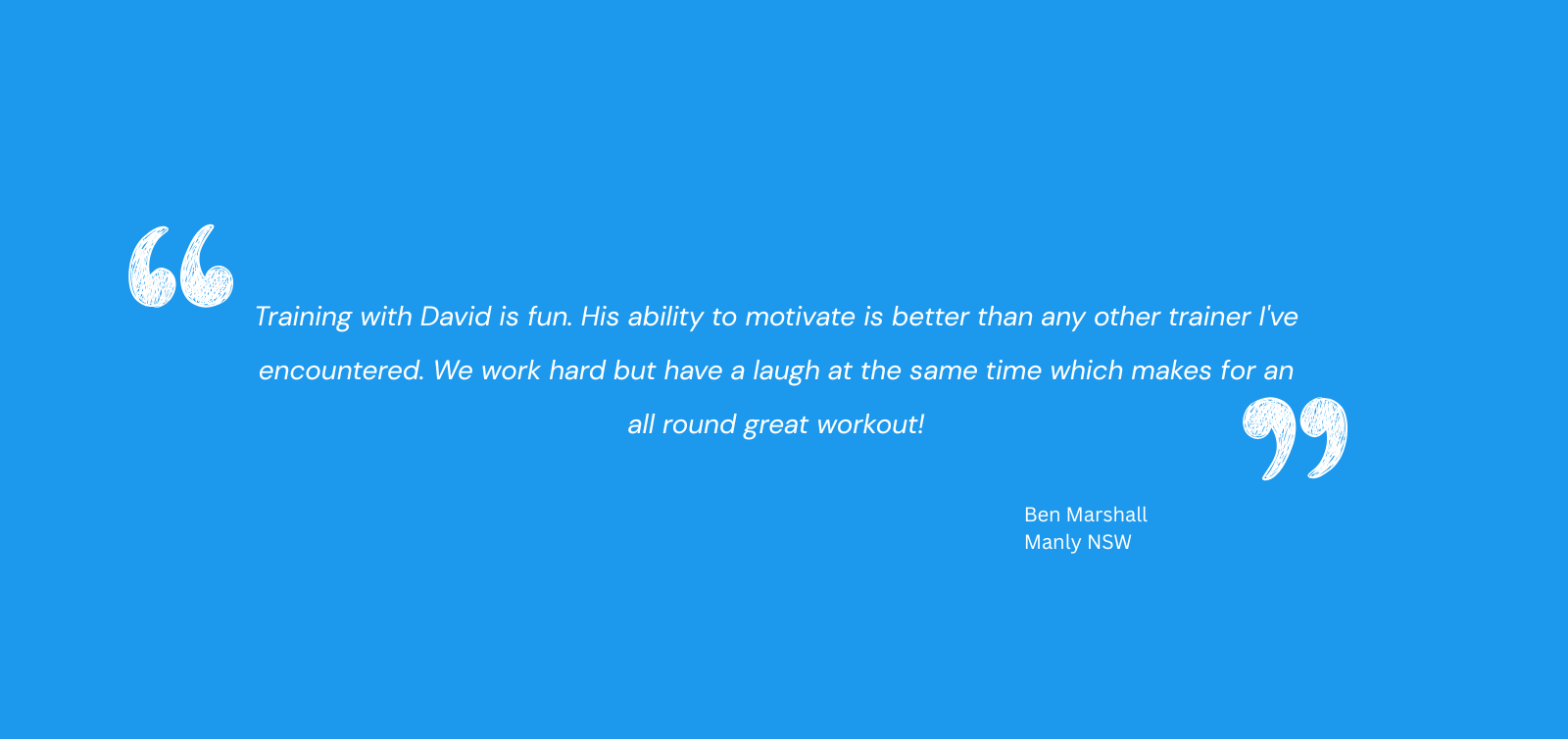
Slide title
Write your caption hereButton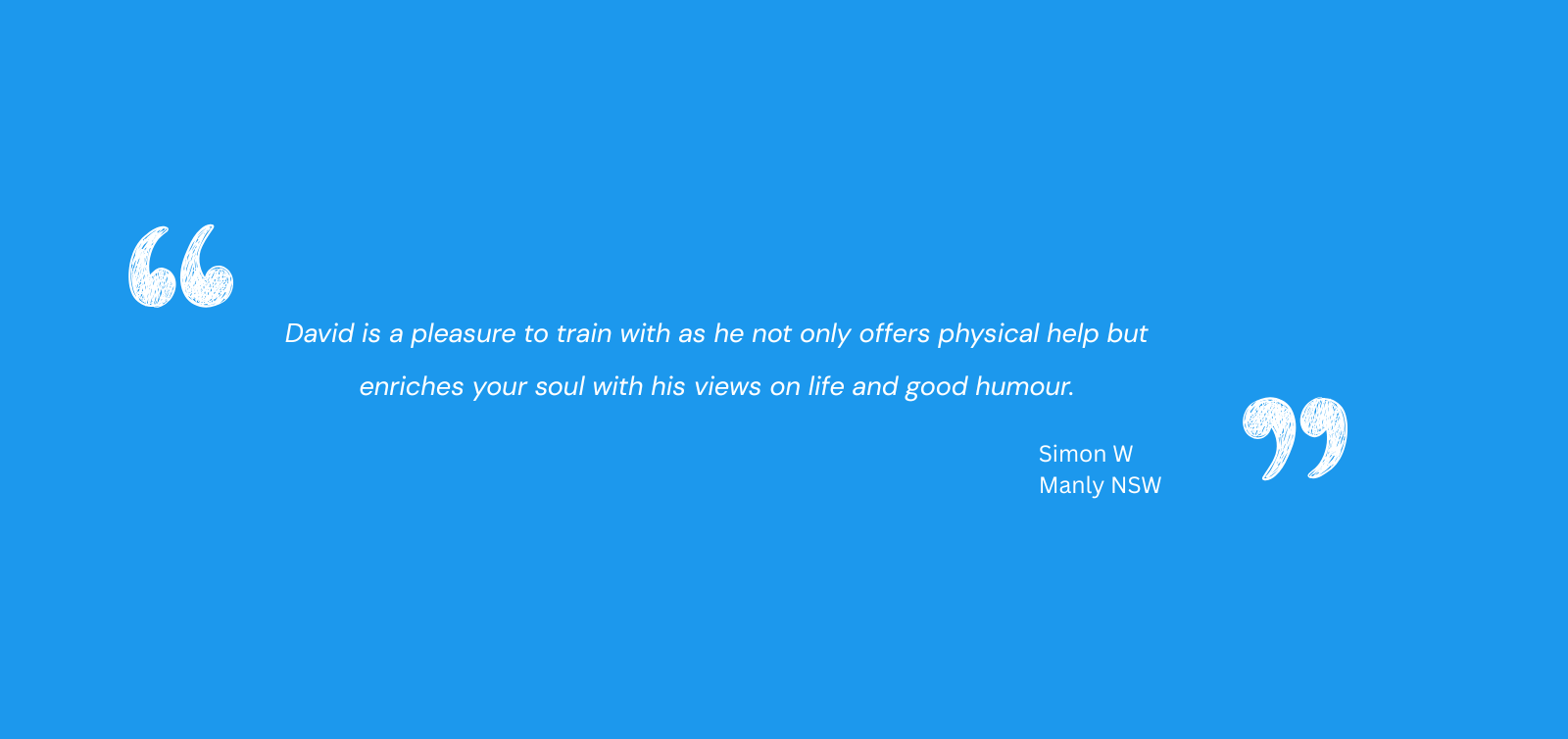
Slide title
Write your caption hereButton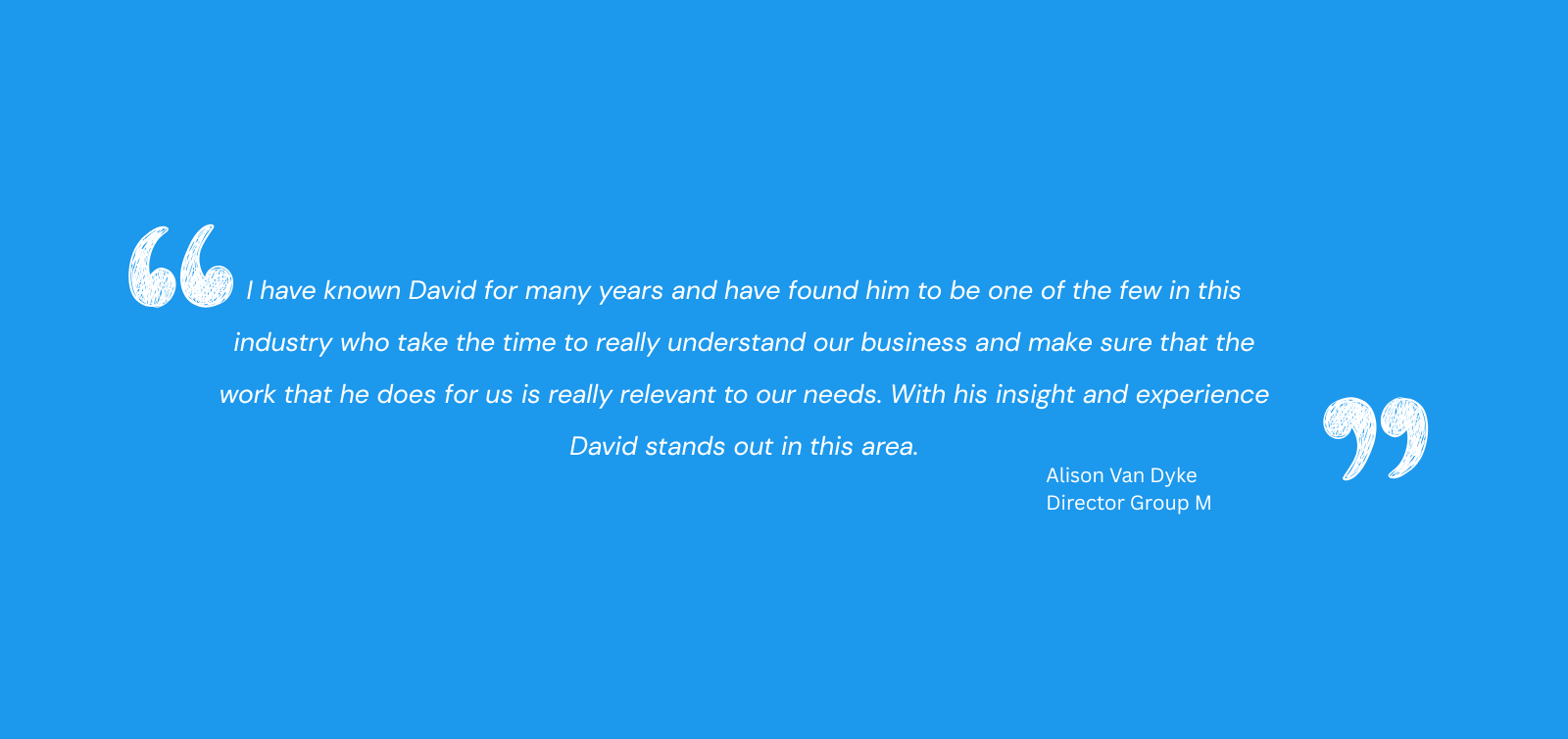
Slide title
Write your caption hereButton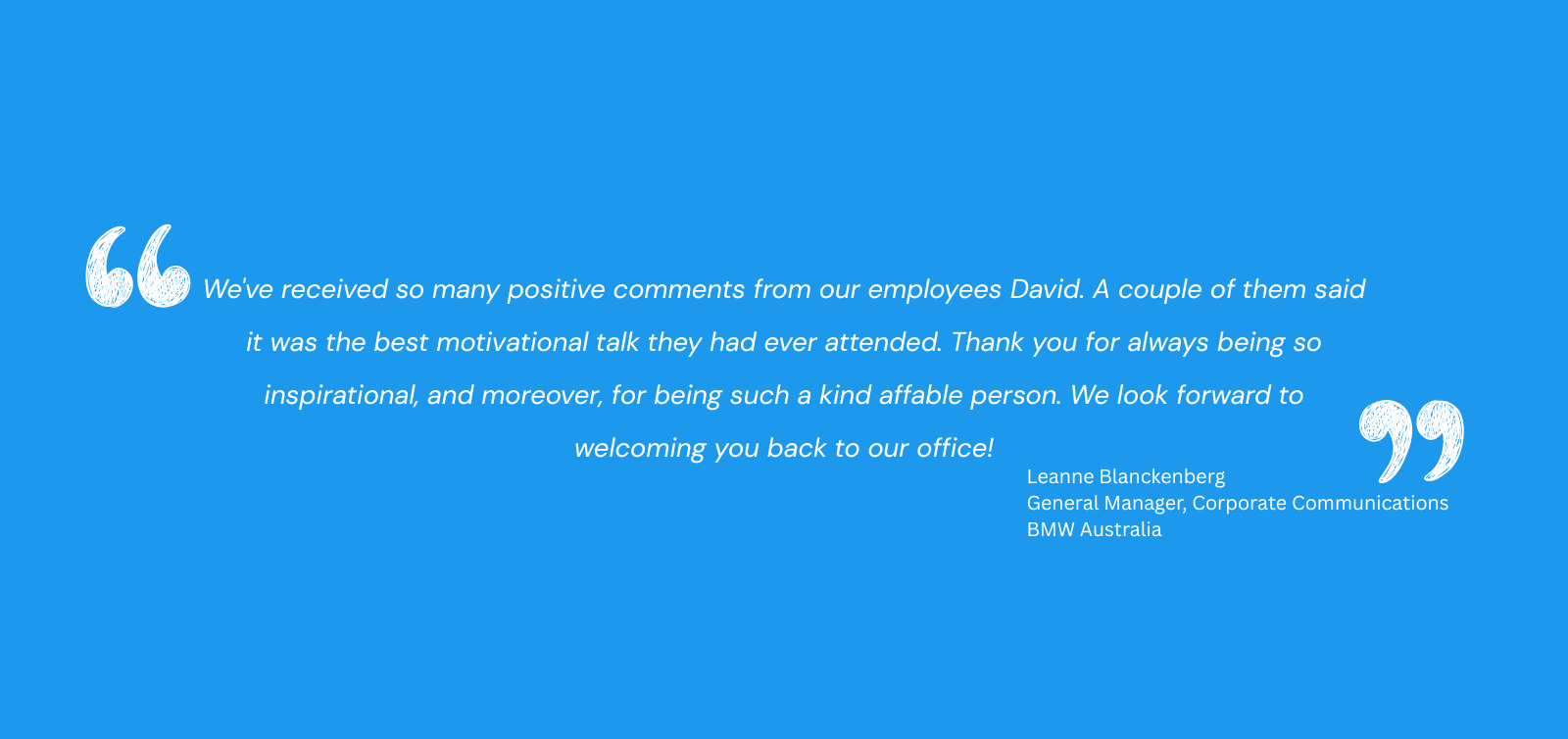
Slide title
Write your caption hereButton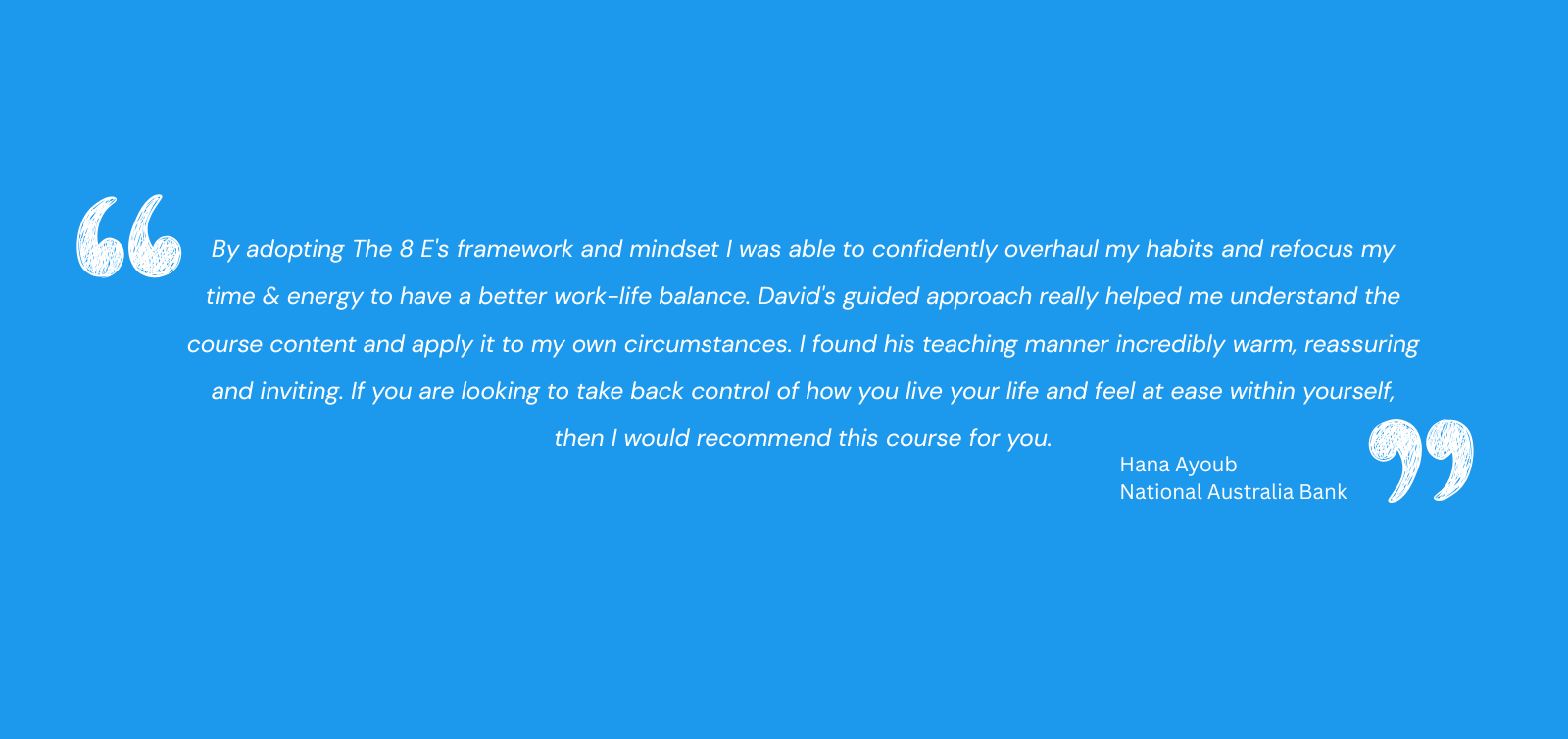
Slide title
Write your caption hereButton
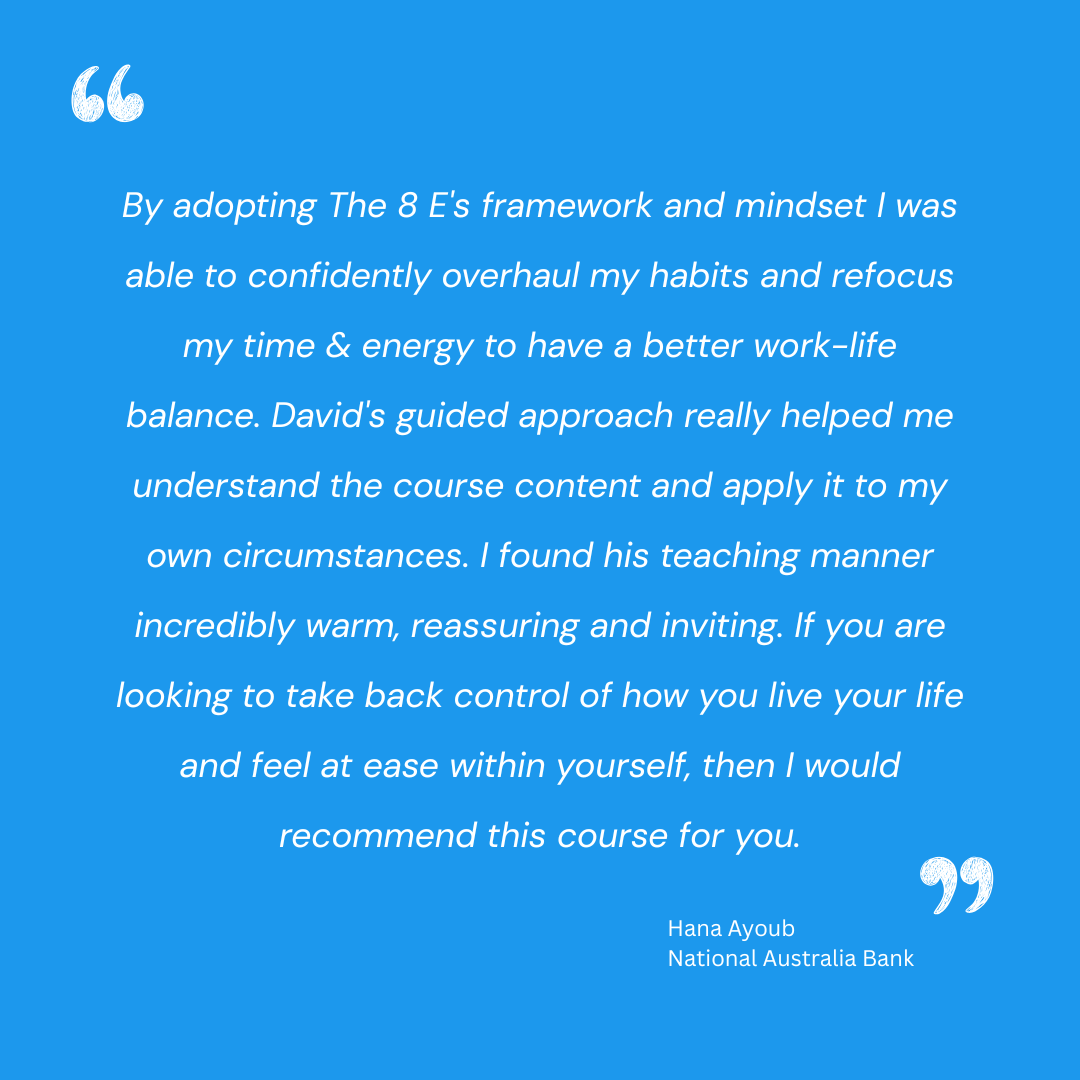
Slide title
Write your caption hereButton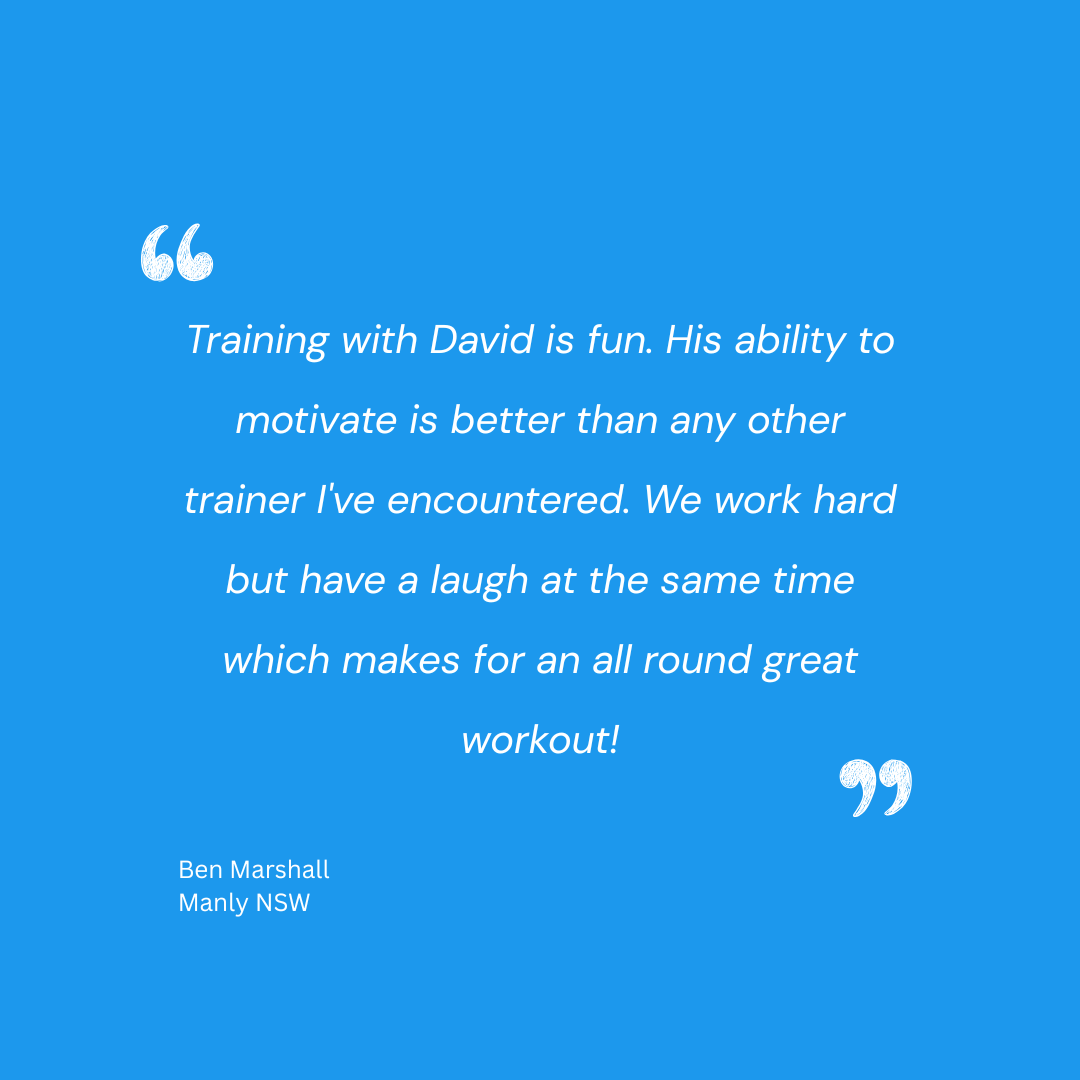
Slide title
Write your caption hereButton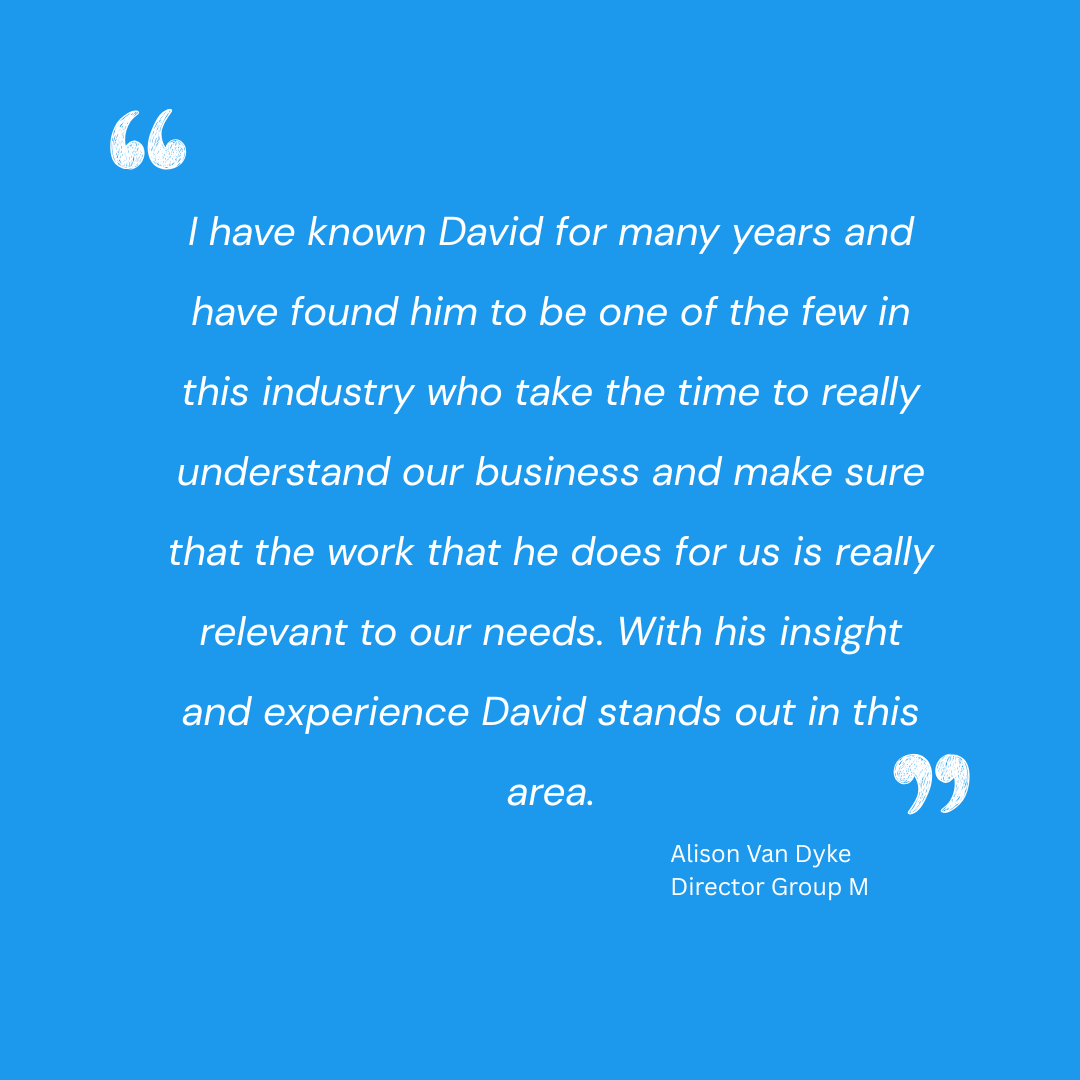
Slide title
Write your caption hereButton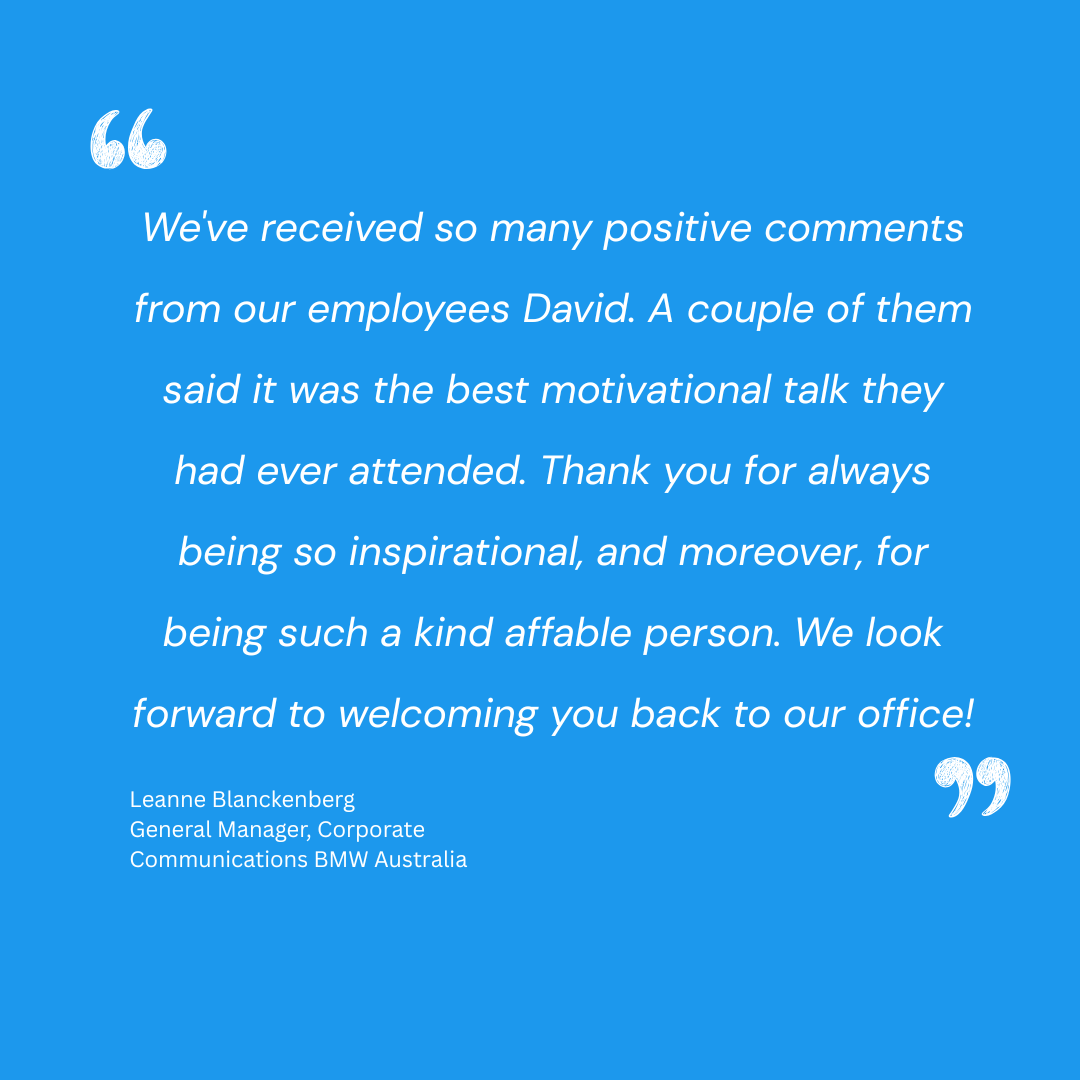
Slide title
Write your caption hereButton
Explore Services & Products
All Rights Reserved | David Lee
